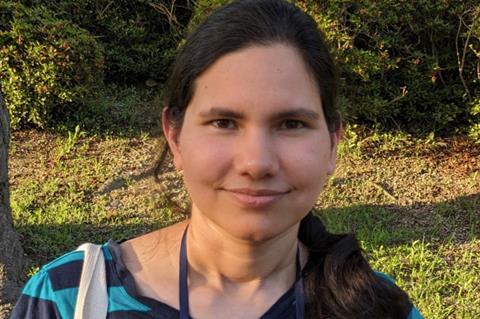Dr Poonam Mehra will investigate a little-understood topic that is being impacted by climate change
A plant scientist from the University of Nottingham has been awarded €2 million for research to unlock the mysteries of how plant roots sense and respond to water availability.

Dr Poonam Mehra is a BBSRC Discovery Fellow in the School of Biosciences at the University of Nottingham and has been selected from over 3,000 applicants to receive a European Research Council (ERC) starting grant for her research.
Her project – titled ‘Water Blind’ – will pioneer the first-of-its-kind screening of mutants to identify ‘water-blind’ roots, which are impaired in their ability to perceive water. Multidisciplinary approaches will be utilised to uncover the molecular networks responsible for water sensing and explore how these mechanisms influence soil exploration and water foraging in plants.
The funding is one of 494 starting grants awarded to young scientists and scholars across Europe. The funding – totalling nearly €780m – supports cutting-edge research in a wide range of fields, from life sciences and physics to social sciences and humanities.
It will help researchers at the beginning of their careers to launch their own projects, form their teams and pursue their most promising ideas.
Climate change affecting rainfall
“Water stress is one of the most significant challenges facing global agriculture, particularly as climate change disrupts traditional rainfall patterns,” said Mehra. “While we know that plant roots can adapt their shape to forage for water, the mechanisms behind how roots sense water availability remain largely unknown. The ERC funding will allow me to explore this question using innovative, real-world approaches.
“I am excited about the translational impact of this research, as humankind faces increasing challenges from climate change and altered rainfall patterns. By understanding how roots sense water availability, this new knowledge can support efforts to develop climate-smart crops, making global food production more resilient to a changing world.”
The competition attracted 3,474 proposals, which were evaluated by peer review panels of internationally renowned researchers. Overall, 14.2 per cent of the proposals were selected for funding.



